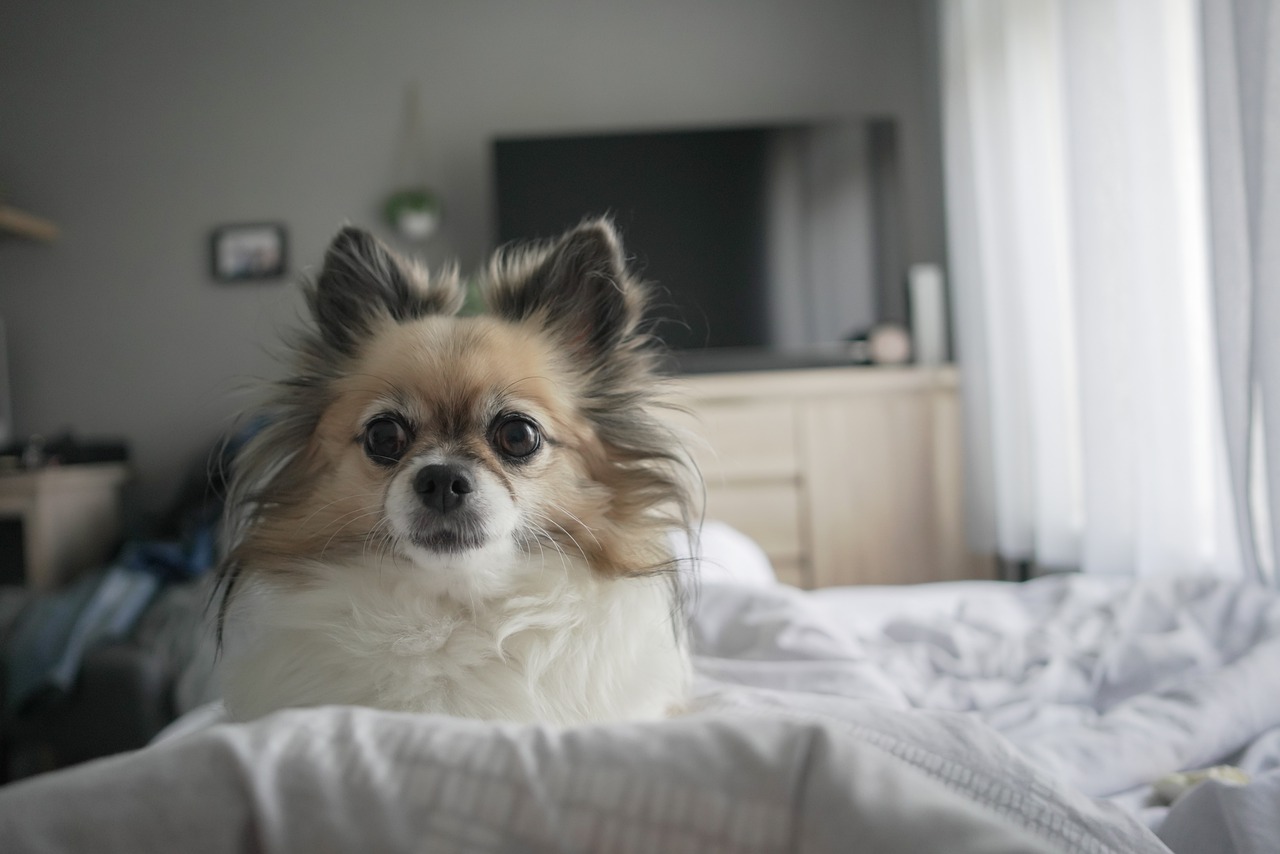Dogs thrive outdoors, but the limited space of a city, condo, or apartment dwelling demands innovative approaches to training and caring for our canine companions. Today, we will explore practical solutions and urban training techniques tailored to Florida residents residing in smaller living spaces with their furry friends.

The Challenges of Limited Space Dog Training
In Florida’s urban condos and apartments, space is a luxury. For dogs, this means adapting to a smaller living area, which can significantly impact their behavior and well-being. Dogs are naturally inclined to move and explore, so limited space can lead to frustration and pent-up energy. Recognizing their signs of distress or boredom, such as excessive barking, chewing, or restlessness, is the first step in addressing the issue and finding a solution that works for your situation.
The absence of a yard in urban living poses a significant challenge in providing adequate exercise for your dog, as regular physical activity is vital for maintaining your dog’s health and preventing behavioral issues. In a limited space, creativity is key. Think of indoor activities that can keep your dog engaged, like hide-and-seek with treats or toys, indoor fetch with soft toys, or tug-of-war. These activities strengthen the bond between you and your dog but naturally involve more effort than simply opening a back door and letting them run wild.
Living in close quarters with neighbors means that noise control becomes a top priority. Dogs can be vocal, and their barking can easily disturb those living nearby. Training your dog to respond to quiet commands or to bark less can be a part of their daily training routine. This sense of closeness can also have effects on your dog’s socialization. Overwhelming crowds or the lack of appropriate dog-friendly spaces can hinder your dog’s ability to interact comfortably with other dogs and people. Seeking out less crowded areas for walks, scheduling playdates with other dog owners, or visiting dog-friendly establishments can provide valuable social experiences for your dog. Remember, controlled and positive encounters are fundamental to successful socialization in an urban setting.
Urban Training for Canines
Getting creative with your dog’s exercise regimen is needed when outdoor space is lacking. Interactive games like puzzle toys that dispense treats can keep your dog engaged for hours and don’t take up much room. Setting up a mini obstacle course using household items can also provide a great indoor workout. Remember, short but frequent play sessions throughout the day can help keep your dog’s energy levels balanced just as much as long walks.
For those with balconies or small patios, these areas can be transformed into a mini haven for your dog. First, make sure your balcony is safe and secure for your dog. Introduce a variety of toys to these spaces and spend quality time playing or relaxing there with your dog. You can also use this area for short training sessions to practice basic commands.
As we mentioned, training your dog to be less reactive to noise is beneficial to you and your neighbors. This can be achieved through desensitization techniques, gradually exposing your dog to various sounds at low volumes, and rewarding them for calm behavior. Consistent training can help your dog become accustomed to it, reducing stress and nuisance barking.




